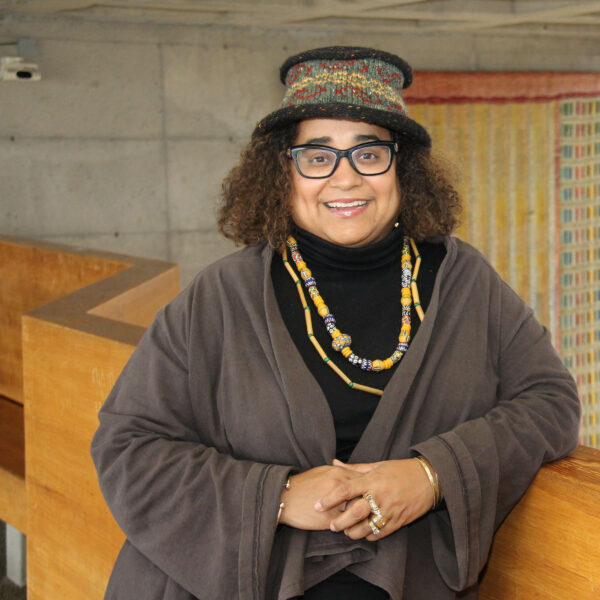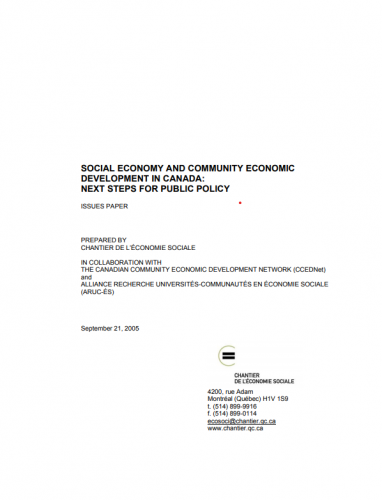While many Black Canadian women are innovators in the third sector, the contributions of Black people to the social economy go largely unnoticed in the academic literature. The social economy is not only a place of refuge for African-Canadians; it also provides a way for racially marginalized communities to co-opt resources. In fact, racialized Canadians are driven to be active in the third sector by the systemic bias and racism in the Canadian economy and society. To understand the place of the social economy among racialized people, we must recognize that Black and racialized people are not merely on the receiving end of aid and support, but that they lead and work within the social services sector. This paper utilizes Black liberation theory—specifically the concepts of self-help and co-operation—to analyze the work of five Black women leaders in non-profit organizations that reach thousands of people in Toronto. This study confronts the erasure of Black women in the third sector, and argues for the need to link liberation theory with the field of social economics in order to fully understand the significance of the social economy for Black and racialized people.
Format






